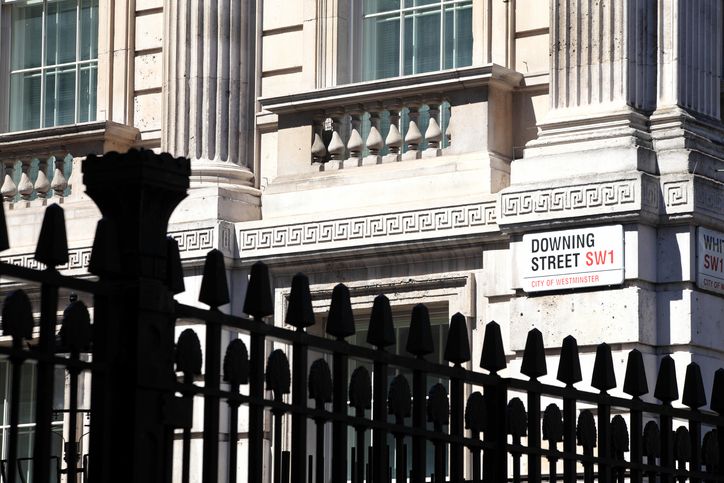
Applications to convert high street offices into houses have jumped since the start of the pandemic, according to analysis by investment group Pure Structured Finance.
The number of UK applications lifted 12 per cent since last the start of last year to 459 in the three months to last September, according to the latest Land Registry data.
This comes as the government weighs up controversial options to revive town centres with fast-track planning permission.
The housing, communities and local government department closed consultations on 28 January to extend permitted development rights, allowing more offices, shops, and gyms to be converted into housing without approval by the local planning authority.
However, 27 business groups wrote to the housing secretary Robert Jenrick, telling him these proposals “risks putting the long-term health of the high street at risk for the sake of short-term stimulus”.
“Putting ground floor housing in a random and uncontrolled manner within high streets does not draw footfall, does not support new business, reduces the potential for business growth and will undermine the viability of existing retail, cultural, and commercial activities,” they added in a letter later obtained by The Times.
Groups who signed the letter include British Independent Retailers Association, UK Cinemas and British Business Improvement Districts. The Royal Institute of British Architects is also against the move.
However, the housing department said in its original December consultation paper it is “committed to reshaping the planning system to make it accessible, efficient, and more predictable”.
It adds, there has been “a net reduction of 5,350 [commerical] units in town centres in England” in the year to last June, as changing consumer behaviour represents a “significant challenge” for high streets.
It adds: “The Covid-19 pandemic has magnified these problems.”
Pure Structured Finance says the latest Land Registry data means “distressed” high street property is set to come onto the market as a result of the health crisis.
Pure advisory group co-founder Ben Lloyd says: “We will undoubtedly see a rise in permitted developments over the next 36 months as there will be an unusual amount of business closures in the UK across a variety of sectors, meaning units will become vacant where they were previously let or owner occupied.
“This will undoubtedly wash more availability into the sales market at both steady market values and at discounted levels where I expect there to be an influx of motivated and distressed sellers entering the market.”
Lloyd adds: “The stars are going to be pretty well-aligned for opportunistic investors in the change of use real estate space. Exactly how distressed the market will become will no doubt be determined by ongoing state support of businesses and the general state and elasticity of the sectors they are in coming out of that support.”
The housing department says it has set up a £3.6 billion Towns Fund to support development, and brought forward over £80m of this funding this year through its Future High Street Fund “to support immediate improvements in town centres”.
The department has said it will respond to responses on its consultation paper “in due course”.



